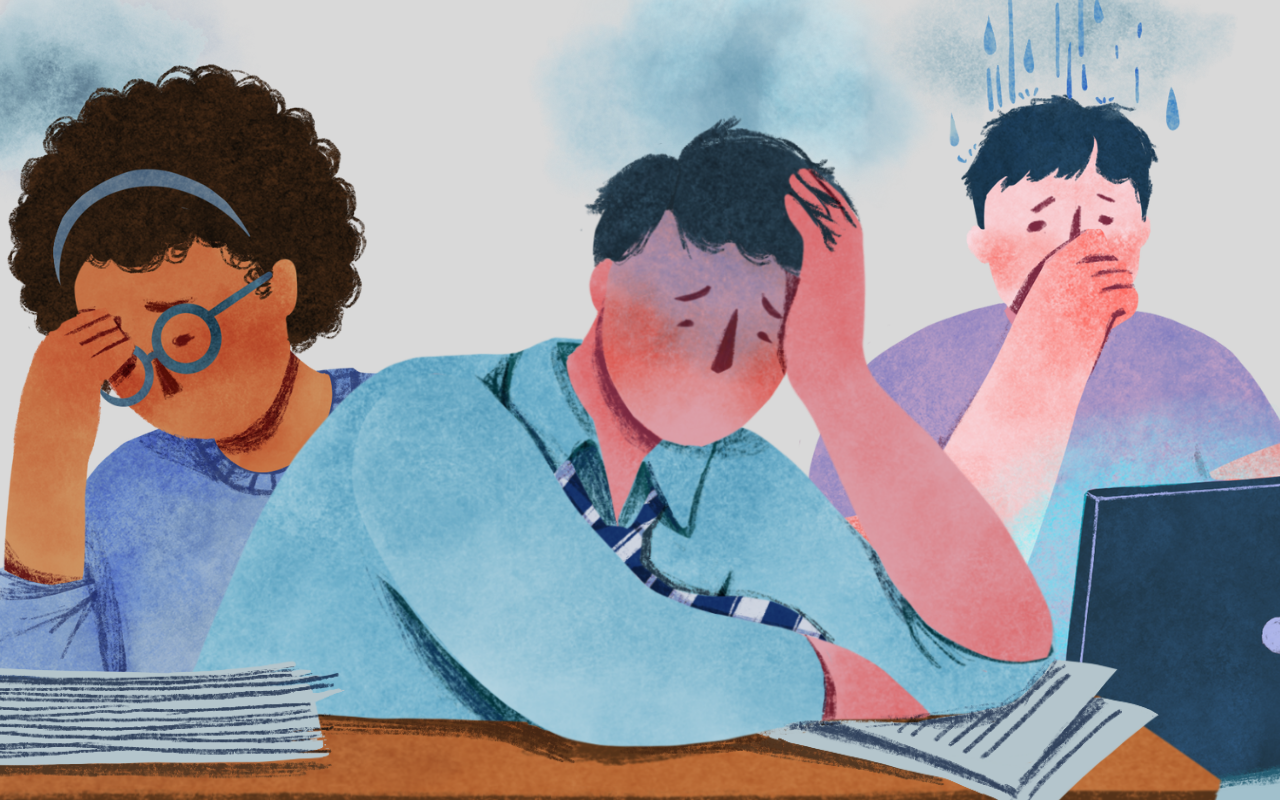

Mental health issues are a significant concern affecting millions of individuals globally, and women, in particular, face unique challenges in this realm. One critical aspect that exacerbates the issue is the pervasive stigma associated with mental health. In this article, we shed light on how mental health stigma affects women, why they might be more hesitant to seek help, and the barriers this stigma poses to accessing the support they need.
How Does Mental Health Stigma Affect Women?
Mental health stigma significantly impacts women in various ways. Society often imposes unrealistic expectations on women, pressuring them to conform to predefined roles and portray an image of strength and resilience. This societal expectation can deter women from seeking help for mental health issues due to fear of being labeled as weak or incapable.
Moreover, cultural and social norms can perpetuate stigma around mental health, making women hesitant to discuss their struggles openly. Fear of judgment, discrimination, or social isolation often prevents them from seeking the assistance they require.
Why Are Women More Likely to Seek Mental Help?
While mental health stigma is a formidable barrier, women are often more inclined to seek mental health support compared to men. Factors contributing to this inclination include a greater willingness to acknowledge their emotions and challenges, nurturing tendencies, and the understanding that seeking help is a sign of strength rather than weakness.
Additionally, the growing awareness of mental health issues and advocacy for breaking the stigma have encouraged more women to step forward and prioritize their mental well-being. The availability of mental health resources and support networks has further facilitated this positive shift.
The Stigma Associated with Mental Illness or Help Seeking
The stigma surrounding mental illness or help-seeking often manifests as negative attitudes, prejudice, or discriminatory behaviors towards individuals with mental health conditions. It perpetuates harmful stereotypes, portraying those seeking help as inadequate, unstable, or unreliable.
Unfortunately, these misconceptions can lead to self-stigmatization, causing individuals, especially women, to internalize these beliefs and perceive themselves through a negative lens. Consequently, many women may avoid seeking help, fearing the judgment and prejudice that can stem from acknowledging their mental health struggles.
Is Mental Health Stigma a Barrier to Seeking Help?
Absolutely, mental health stigma acts as a significant barrier to seeking help for both men and women. However, women, burdened by societal expectations and norms, often face additional pressure in this regard. The fear of judgment and the desire to conform to societal ideals can deter them from reaching out for assistance, prolonging their mental health suffering.
Efforts to combat mental health stigma should remain a priority, encouraging an open dialogue, fostering empathy, and creating safe spaces where individuals, irrespective of gender, can seek help without fear of judgment.
For further insights into mental health stigma and women’s mental health, you can refer to these resources:
– [Michigan State University – Understanding and Reducing Stigma of Mental Illness in Women](https://womenshealth.obgyn.msu.edu/blog/understanding-and-reducing-stigma-mental-illness-women)
– [McLean Hospital – Why We Need to Pay Attention to Women’s Mental Health](https://www.mcleanhospital.org/essential/why-we-need-pay-attention-womens-mental-health)
– [Regis College – Stigma and Issues Surrounding Women’s Mental Health](https://online.regiscollege.edu/blog/womens-mental-health/#:~:text=Stigma%20and%20Issues%20Surrounding%20Women’s,by%20how%20others%20perceive%20them.)














Leave a Reply
Be the First to Comment!
You must be logged in to post a comment.
You must be logged in to post a comment.